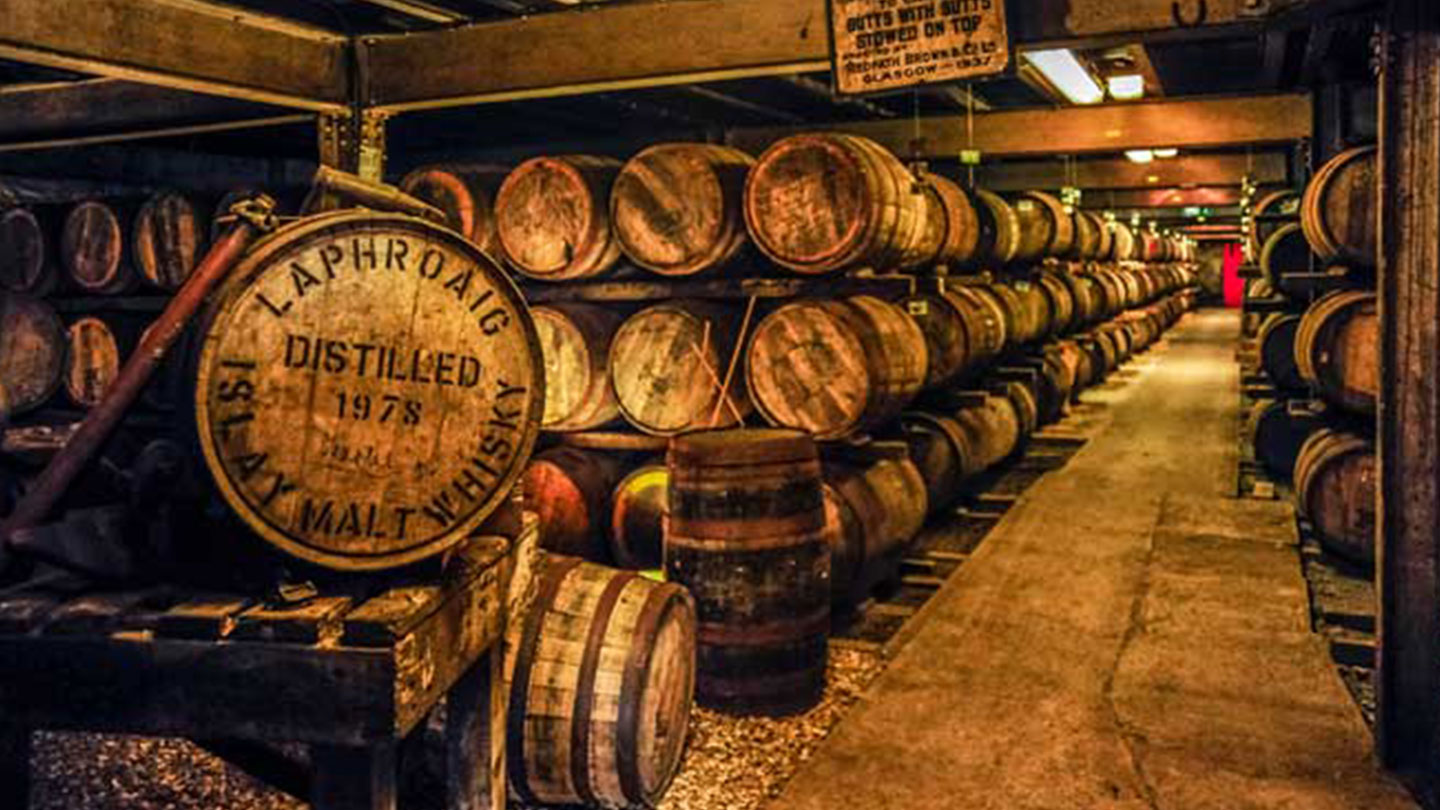Why is Scotch Whisky Normally Aged 10, 12, 15, or 18 Years? Leave a comment

Scotch, like many spirits, has certain legal requirements placed on it to ensure quality standards. The first and foremost rule, it must be made in Scotland – hence the creative name. Second, and more critical to this conversation, Scotch must be aged for a minimum of three years in oak barrels.
What Does Aging Do?
We know that Scotch whisky (the E is typically used for American whiskeys) has to be aged a minimum of three years, specifically in oak barrels. This time frame is notable because of the impact the oak barrels has on the spirit.
When whisky is first distilled, it may surprise you to know that it comes out clear. The reason it lacks its traditional golden or brownish tint is that it has not spent any time in an oak barrel. The time a whisky spends inside its barrel is where it develops the complexity of flavor and the overall fragrance or taste of the spirit. The longer it spends in the barrel, the more impact the barrel ultimately has.
Life Inside a Barrel
The importance of the time whisky spends in a barrel cannot be overstated. The multiple reactions that occur between the whisky and the wood create virtually everything notable about the whisky. There are several things going on as a whisky rests in its barrel:
There are some external impacts on the spirit inside the barrel as well. Notably, temperature change plays a major role in how whisky is produced. In the often cooler climates of Scotland, whisky barrels do not endure the dramatic temperature swings of Kentucky Bourbon barrels. These temperature fluctuations speed up the impacts of the wood barrels, meaning bourbon aged in these areas is often “ready” far faster than Scotch is.
Does Age Matter?

A time-honored question in many aspects of life, it has been determined that age does matter when discussing whisky. With a legal minimum age of three years, it is readily apparent that whisky requires significant aging periods. So how long is long enough?
Simply put, it depends. The important factor in whisky is taste. Some taste better at 10, while others taste better at 15. Whisky connoisseurs tend to settle on the 10 – 12 range being the best on average. However, it is possible to have a much younger whisky that tastes far better than an older one. Each whisky is truly unique in how long it needs to stay in the barrel to reach its perfect flavor profile.
So, Why the Common Years of 10, 12, 15 and 18?
Marketing. You can find whisky of all numbers (over three, of course) out there. Many of the larger, more popular brands have settled into these years as they are productive, make a good profit, and people tend to gravitate to their popularity.
Once you get over 18-year-old whiskies, the price tends to increase dramatically. With this comes a decrease in general popularity and it creates a challenge for the whisky maker. So, while the years 10, 12, 15, and 18 seem to be some sort of magical numbers – they are just popular amongst vendors.
Conclusion
At the end of the day, a good tasting whisky is just that – good. Like the adage says, “You can’t judge a book by its cover.” The same rule applies to whisky. You can’t judge it by the number on the label. You just have to try it.
